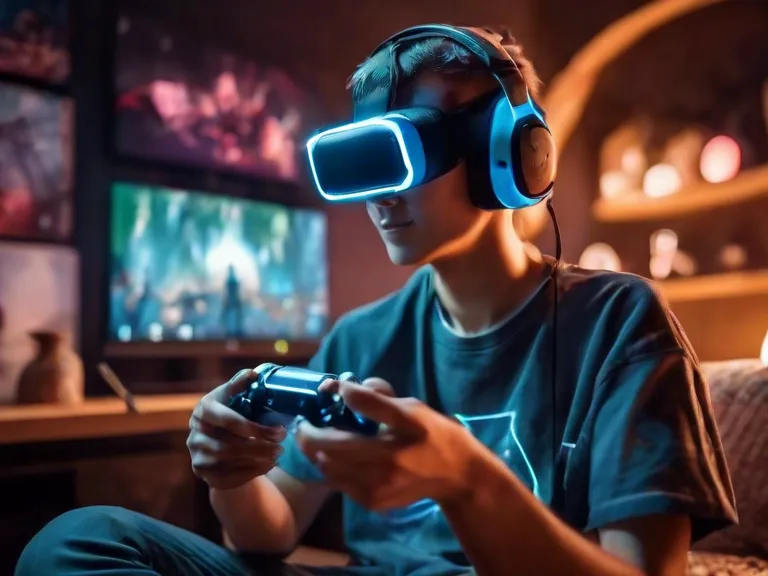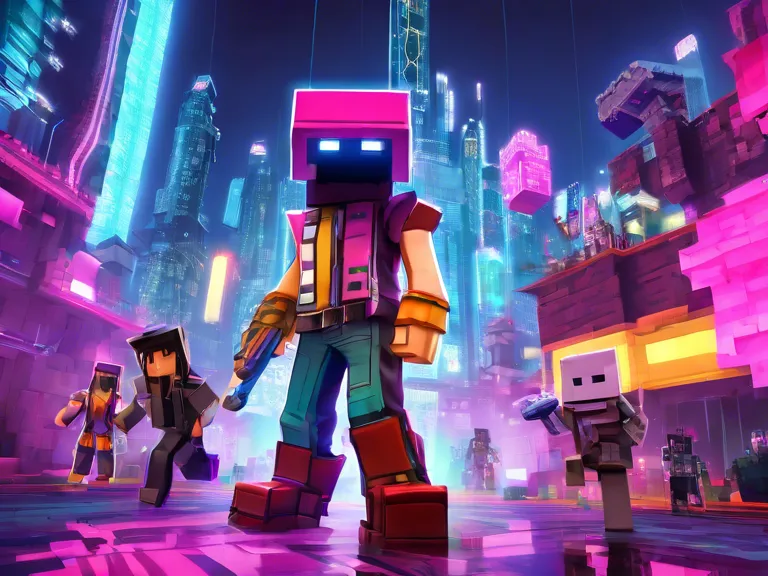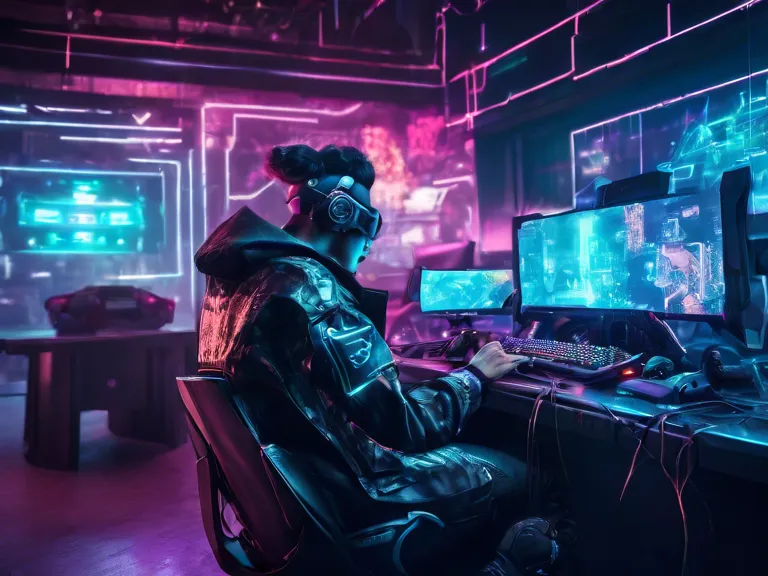
Video games have evolved over the decades from simple pixelated graphics to immersive virtual reality experiences. With this evolution, gaming has not only become a popular form of entertainment but has also started to shape culture and lifestyle trends in the real world. From influencing fashion choices to impacting language and communication styles, the reach of gaming is deep and significant.
One way gaming has influenced culture is through the rise of esports. Competitive gaming tournaments have become major events, with professional players gaining fame and fortune. The popularity of esports has led to the creation of dedicated gaming arenas and even college scholarships for esports athletes. This trend has not only changed the perception of gaming as a hobby but has also brought gaming into the mainstream as a legitimate form of competition.
Another way gaming shapes culture is through the influence of in-game aesthetics on real-world fashion. Characters in video games often have unique and stylish outfits, which can inspire fashion designers and influence trends in clothing and accessories. The popularity of video game merchandise, such as apparel and accessories branded with game logos or characters, further blurs the line between virtual realms and real-life fashion.
Beyond fashion and esports, gaming has also impacted language and communication. From the creation of gaming slang to the use of gaming terms in everyday conversations, the language of gaming has become a part of popular culture. Emotes, or animated gestures used to express emotions in games, have also crossed over into real-life communication through emojis and gifs.
In conclusion, gaming has evolved from a niche hobby to a cultural force that influences trends and lifestyle choices. From esports to fashion to language, the reach of gaming in shaping culture and lifestyle is undeniable. As the gaming industry continues to grow and innovate, its impact on society will only continue to expand.

